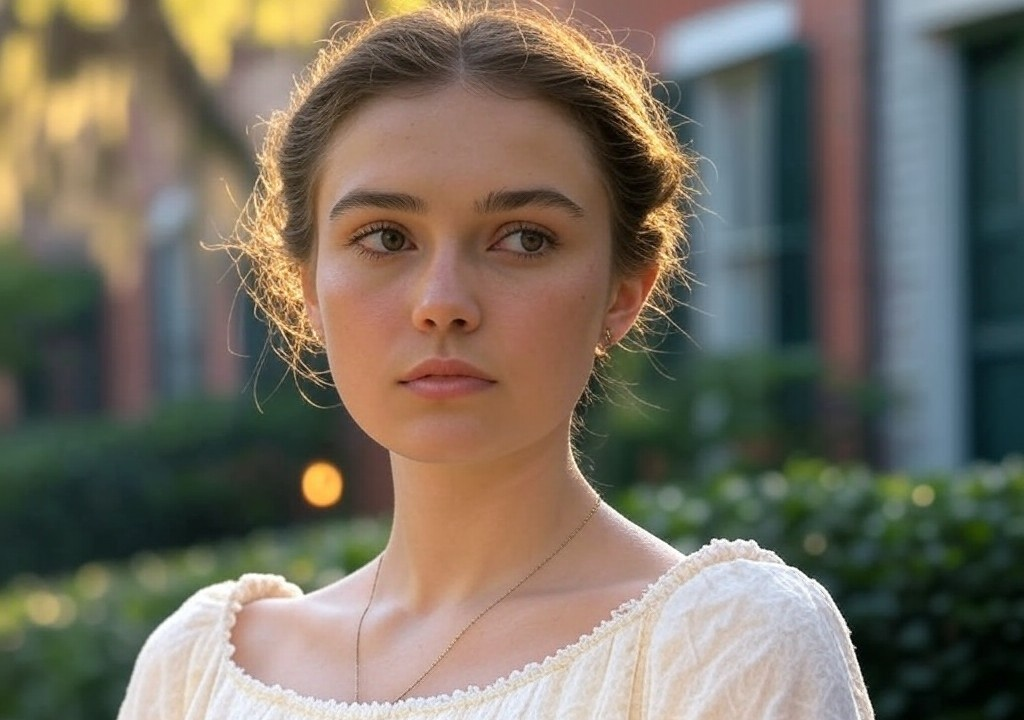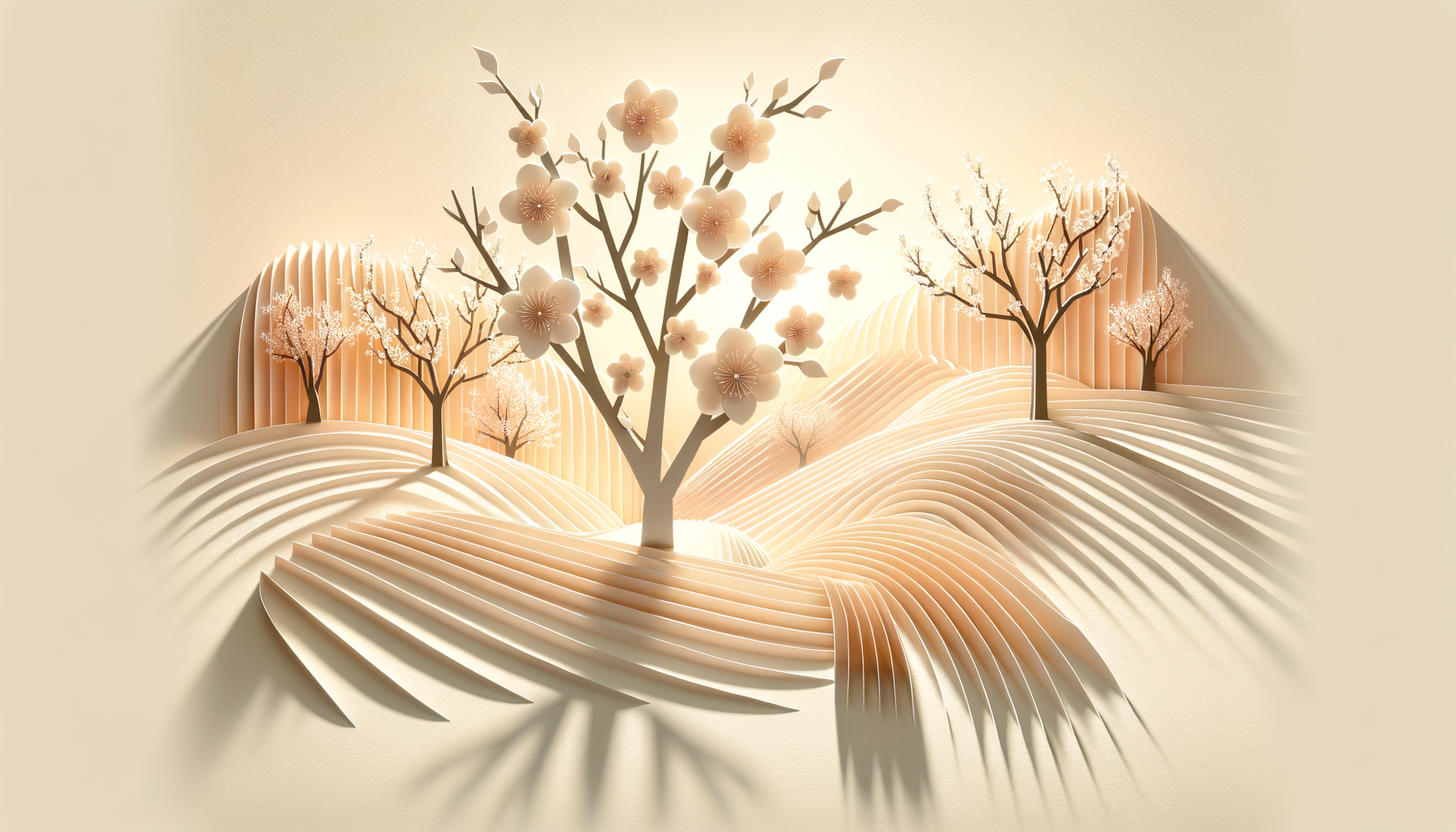The Book That Changed My Life
There’s a moment in every Southern girl’s upbringing when the world seems to expand like a magnolia blossom in the first light of dawn. For me, that moment came one sultry summer evening as I sat on the porch swing, savoring the cooling breeze and turning the yellowed pages of The Awakening by Kate Chopin. My fingers were sticky with peach juice (a wholly failed experiment in eating elegant Southern fruit), but my mind was on fire.
It wasn’t the romantic swoon of Gone with the Wind, nor the eerie moral reckoning of To Kill a Mockingbird. No, The Awakening offered something else entirely—it dared to tell me that love, passion, and identity weren’t tidy little checkmarks on life’s to-do list. They were messy, sprawling tides, capable of capsizing anyone brave enough to wade into the surf. That book didn’t just nudge me toward self-discovery—it practically shoved me off a metaphorical pier and into the deep end.
The Pianist Daughter Meets Edna Pontellier
Let me back up a bit.
Growing up in Savannah’s historic district, appearance was everything. The streets were lined with moss-laden oaks, and the expectations were as heavy as the summer air: be polite, be poised, and above all, be prepared to settle down at a “respectable” age. My mother, with her perfectly pressed sheet music and an eye perpetually on the time, was the embodiment of discipline. But buried within that discipline was a love of beauty, and I inherited it in full measure, perhaps too full if you asked her.
So when I stumbled across The Awakening in a dusty little bookstore tucked between the Spanish moss and cobblestones, it felt a bit like bumping into another version of myself—not the one who’d mastered Chopin’s nocturnes or conversed about Savannah’s architecture at formal dinners, but the one who dared to question whether the script she’d inherited was worth following to the last line.
Edna Pontellier, Chopin's protagonist, was flawed and yearning, driven not by societal expectations but by the haunting chorus of her own desires. She asked the kind of question I’d been too afraid to articulate: What do you do when you meet all the “right” milestones and still feel… emptier than your family’s heirloom punch bowl after one too many juleps?
Love, Southern Gothic-Style
Here’s the thing: the South does a world-class job of weaving romantic myths. Think evenings under wisteria-draped porticos, the clinking of mint julep glasses, and slow-dancing barefoot under a thousand fireflies. But those myths, as enchanting as they are, often ignore the vast, unrelenting complexity of real relationships.
Reading The Awakening during what should’ve been one of my most romantic periods—freshly twenty-two, working as a historic tour guide, flirting with more-than-a-few vacationing architects-in-the-making—I couldn’t help but sense I was living inside a Hallmark movie shot on location in Savannah. Everything seemed cinematic, but none of it felt like… me.
Not until Edna stood me in front of the proverbial fogged-up mirror. That summer, while the tourists strolled through Forsyth Park, I read and reread the scenes where she abandoned her husband’s carefully curated life for raw, untamed passion—and the freedom to discover who she was outside anyone else’s expectations.
I’m not here to endorse impulsively throwing caution (or wedding rings) to the wind, but the core lesson resonated: Love, real love, can never suffocate identity. Instead, it should stretch it, test it—even drive it to grow.
Beyond Love Stories: Finding Self-Worth in Breakers
The Awakening didn’t just challenge what I thought about romantic relationships; it challenged what I thought about myself. Edna’s story reminded me that self-worth isn’t earned by conforming to societal roles or even finding a partner at all. It’s in our boldest and quietest rebellions, in the moments we take stock of who we are and decide, unapologetically, to own that person.
Here’s a funny tidbit: I once thought admitting vulnerability would make me seem less alluring. Charm-and-chill was my go-to dating persona, almost always accompanied by the proper Southern formula of humor, light flirtation, and just the faintest hint of mystery. But what The Awakening taught me—through its unflinching and sometimes unsettling honesty—was that vulnerability can be the strongest, sexiest kind of authenticity.
So, what does that even look like in the real world?
- Stop Saying “Sorry” for Everything. Seriously, my early twenties were a series of unearned apologies. Sorry for making the guy wait five minutes for me to finish my drink. Sorry for wanting to get the whipped cream on the side of my latte. Want intimacy? Start by valuing your voice and your space.
- Speak Your Truth Early On. Are you craving a cozy small-town romance where Friday nights are for porch swings and backyard bonfires? Or is your vision one of jet-setting escapades (or, in my case, haunting secondhand bookshops)? The more honestly you communicate those desires, the faster you’ll weed out the mismatches.
- Detach from “Southern Belle Syndrome.” Yes, grace and poise are lovely, but there’s power in occasionally letting your messy, wildly eccentric side shine. Who says we have to smile through everything, anyway?
Opposites Do Attract—For a While
In my mid-twenties, I dated someone who made Rhett Butler look like Ned Flanders. Sam (not his real name, but let’s protect the unworthy) was a dashing Charleston lawyer with devastating dimples and an even more devastatingly conservative checklist of what he wanted from a wife. In short, I was an Edna; he wanted an Adele Ratignolle (Chopin’s emblem of submissive domesticity).
For a few dazzling months, it worked. Wine tastings on breezy Charleston verandas and Sunday church potlucks allowed us to play the picture-perfect Southern couple. But you can only Photoshop reality for so long. The Awakening became my trusty guidebook through this behind-closed-doors breakdown. Kate Chopin’s message hit me squarely: Never try to smother fire in hopes someone else will feel warmer.
The relationship ended faster than a Savannah thunderstorm, and while the breakup stung, it left me marvelously untethered. For the first time in ages, I felt like myself—unapologetically irreverent, occasionally scatterbrained, and addicted to wandering through flea markets in search of both questionable treasures and non-questionable snacks.
So, What’s the Takeaway?
Reading The Awakening didn’t hand me all the answers or a perfectly scripted meet-cute at some Lowcountry oyster roast. Instead, it gave me the kind of quiet revelation that changes the course of your life—not with explosions, but with gentle ripples that ultimately stretch to the horizon.
It reminded me that every journey—whether romantic or otherwise—is equal parts beautiful and chaotic. We’re all wading into unfamiliar waters, some days bobbing joyfully, other days nearly sinking. But the ones willing to embrace both the currents and the lulls end up discovering a life—and a love—that feels truer than anything scripted.
So, here’s what I’d leave you with: Pick the book that whispers (or, in my case, shouts) to you. Maybe it’s The Awakening, or maybe it’s something entirely different. Let it nudge you, challenge you, and anchor you when love—or life—starts tossing you around like a boat in a rainstorm.
You may not get clarity overnight, but, darling, you’ll get something far better: the permission to show up as your whole messy, radiant self. And isn’t that truly the beginning of any great awakening?




















